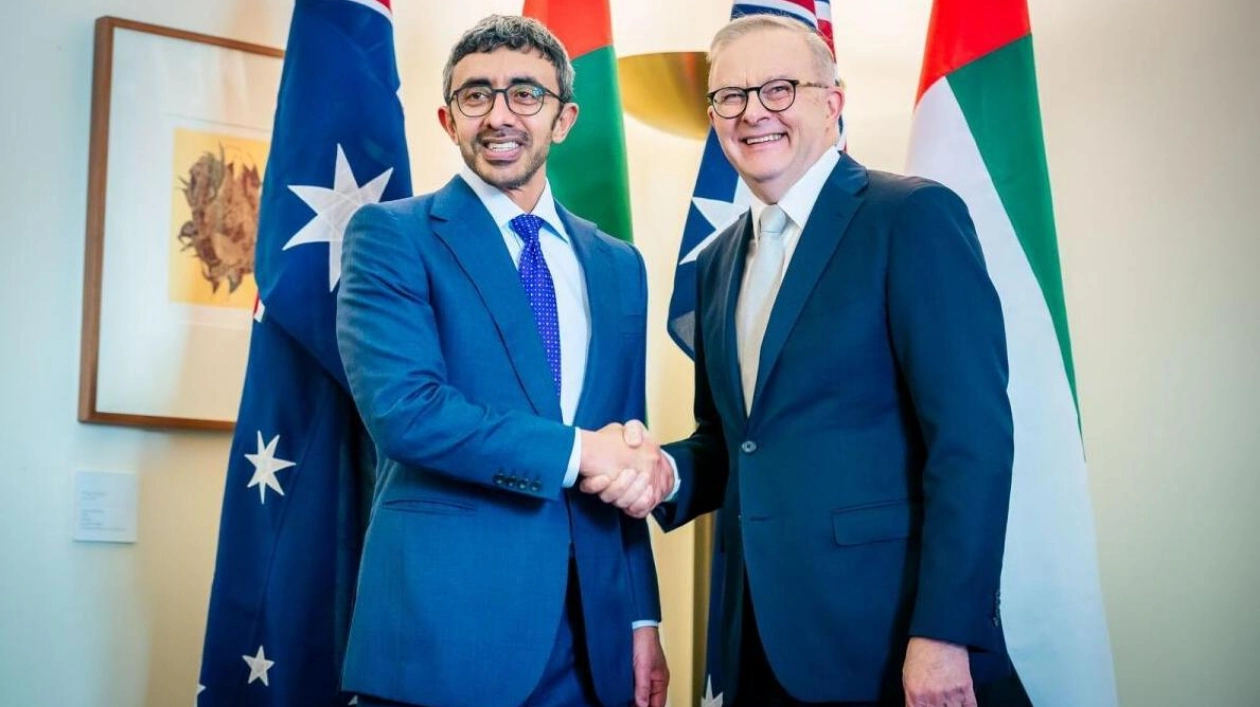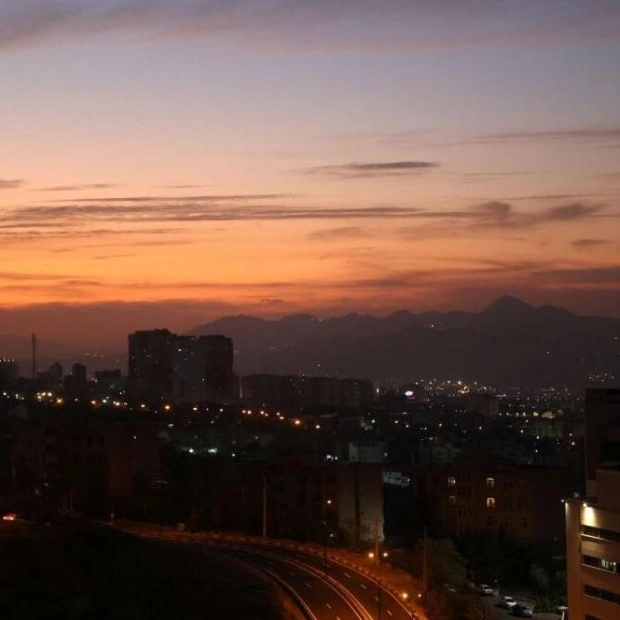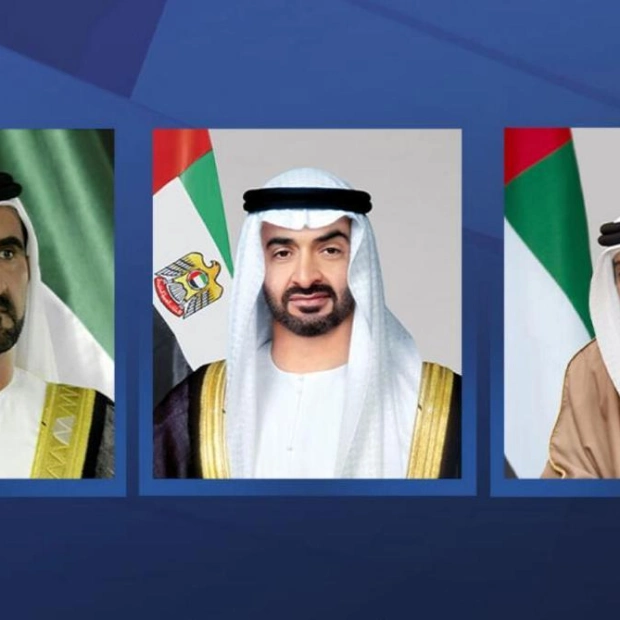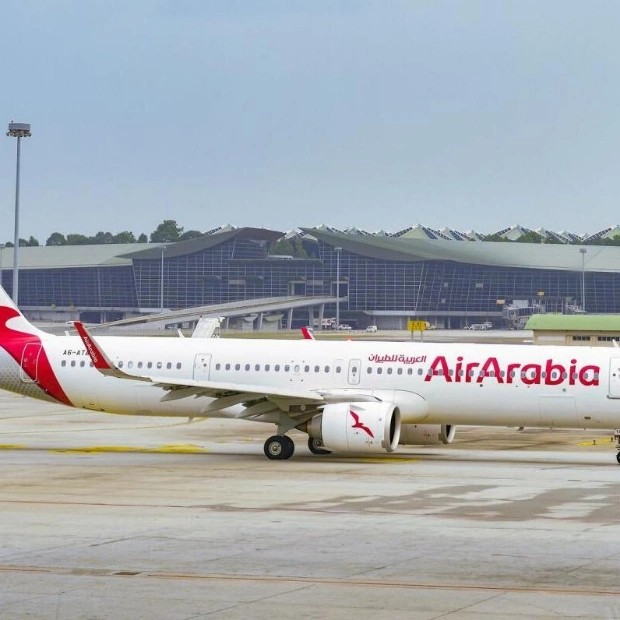Abdullah bin Zayed Al Nahyan, Deputy Prime Minister and Minister of Foreign Affairs, held discussions in Canberra with Anthony Albanese, Prime Minister of Australia.
The Comprehensive Economic Partnership Agreement (Cepa) signed between the UAE and Australia on Wednesday signifies a significant leap forward for both regions, paving the way for growth and collaboration, according to analysts. Josh Gilbert, Market Analyst at eToro, stated: “This agreement marks a crucial juncture for both Australia and the UAE, opening new avenues for sectors such as food production and energy resources. It underscores the global movement towards sustainability and economic diversification.”
Australian food producers are notably benefiting from this agreement. Reduced export tariffs are facilitating the smoother flow of premium Australian food products into the UAE, catering to a burgeoning demand in a region heavily dependent on food imports. As the UAE’s population and economy continue to expand, this partnership is poised to become a vital conduit for food security and high-quality supply.
The UAE’s access to essential minerals for clean energy, such as Australia’s abundant lithium and copper, fosters mutual progress in the global energy transition. For the UAE, predominantly known for its extensive oil reserves, securing these critical resources is a strategic move that will drive the next phase of its development.
The Cepa is projected to boost bilateral non-oil trade to over $15 billion by 2032, tripling the $4.23 billion recorded in 2023. Once ratified, this deal will be Australia’s inaugural trade agreement with a country in the Middle East and North Africa region and an important addition to the UAE’s Cepa program.
The UAE-Australia agreement builds on the strengthening economic ties between the two nations, with bilateral non-oil trade reaching $2.3 billion in the first half of 2024, a 10.1% increase from H1 2023. The UAE is Australia’s leading trade partner in the Middle East and its 20th largest globally. As of 2023, the two countries have jointly committed $14 billion to each other’s economies, with over 300 Australian businesses operating in the UAE across sectors like construction, financial services, agriculture, and education.
This Cepa includes dedicated chapters to enhance cooperation between the UAE and Australia in areas such as the environment, women empowerment, sustainable agriculture and food systems, and animal welfare. In addition to the Cepa, six further agreements were signed during the high-level UAE delegation’s visit to Australia, including an agreement to promote and protect investments and five investment cooperation memoranda of understanding (MoUs) to facilitate two-way investment in priority sectors such as green and renewable energy, infrastructure, data centres, minerals, and food and agriculture.
Sheikh Abdullah bin Zayed Al Nahyan, Deputy Prime Minister and Minister of Foreign Affairs, and Penny Wong, Australian Minister of Foreign Affairs, attended the signing ceremony. The agreement was signed by Dr Thani bin Ahmed Al Zeyoudi, Minister of State for Foreign Trade, and Don Farrell, Australian Minister for Trade and Tourism. The ceremony was also attended by Saeed Mubarak Al Hajri, Assistant Minister for Economic and Commercial Affairs, and Dr. Fahad Obaid Mohamed Altaffag Almarashda, UAE Ambassador to Australia, along with officials from both countries.
Sheikh Abdullah emphasized that the Cepa is a significant milestone in the UAE’s foreign trade policy, which is yielding substantial benefits. “The signing of a Comprehensive Economic Partnership Agreement between the UAE and Australia reflects our commitment to building cooperative and mutually beneficial relationships worldwide. Australia has long been an economic partner and trusted friend, with strong ties in trade, culture, and sport, and this agreement will further strengthen these connections and create more opportunities for our businesses to collaborate and thrive,” he said.
The UAE’s Cepa program is a cornerstone of the nation’s growth strategy, aiming for $1 trillion in total trade value by 2031 and doubling the size of the economy to exceed $800 billion by 2030. To date, agreements under this program, launched in September 2021, span the Middle East, Africa, Southeast Asia, South America, and Eastern Europe, encompassing nearly a quarter of the world’s population.
Source link: https://www.khaleejtimes.com






